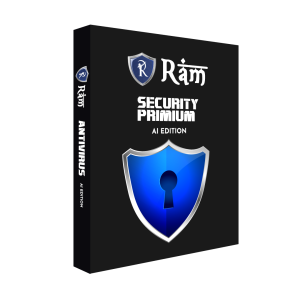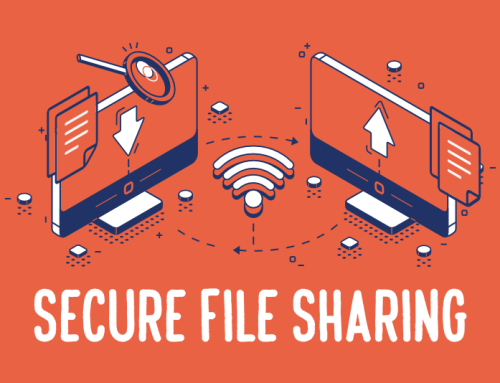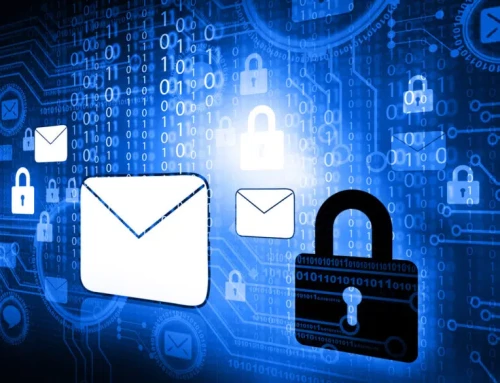Privacy protection
Privacy protection has become of the utmost importance in a world that is becoming more connected. Individuals’ personal information is constantly in danger as they travel through the vast digital landscape. Our data is being gathered, stored, and shared by numerous organizations across a variety of industries, including online retail, social media platforms, healthcare, and financial services. This article discusses the value of privacy protection and offers helpful advice for protecting your online identity.
Understand the Value of Privacy
Individuals’ right to privacy gives them the ability to keep control over their personal data. The first step in preserving privacy is realizing its importance. You can lower your risk of identity theft, fraud, and other malicious activities by keeping your personal information private.
Strong Passwords and Authentication
To protect your online accounts, you must use two-factor authentication (2FA) and strong, individual passwords. Make sure to use long, complex passwords that are made up of a mix of letters, numbers, and special characters. Keep your passwords current and steer clear of using the same one on various platforms.
Be Mindful of Data Sharing
When sharing personal information online, especially on social media sites, exercise caution. Review the privacy settings and reduce the amount of data that is made public. Consider your options carefully before sharing private information like your address, phone number, or birthdate. Keep in mind that once information is shared, it can be difficult to control how it is spread.
Utilize Privacy Tools
Take advantage of privacy tools and technologies available to enhance your online privacy. Virtual Private Networks (VPNs) encrypt your internet traffic, making it harder for third parties to monitor your online activities. Privacy-focused web browsers and browser extensions offer features like ad-blockers, anti-tracking, and cookie management to minimize data collection.
Regularly Update Software
Updating your hardware and software is essential for protecting your privacy and security. Patches are frequently included in software updates to address vulnerabilities that hackers may exploit. When possible, enable automatic updates to make sure you have access to the most recent security upgrades.
Exercise Caution with Public Wi-Fi
Public Wi-Fi hotspots may serve as a breeding ground for online dangers. When using public Wi-Fi, avoid accessing confidential information like private emails or online banking. If necessary, encrypt your data and safeguard your privacy by using a VPN.
Read Privacy Policies
Read the privacy policies and terms of service carefully before registering for a service or providing personal information. Pay close attention to the company’s plans for the collection, use, and sharing of your data. If a policy seems overly intrusive, look into other possibilities.
Secure Your Physical Devices
Beyond the digital sphere, privacy protection is important. Use biometric authentication or strong passwords to protect your physical devices, such as smartphones, laptops, and tablets. Enable remote tracking and wiping capabilities to protect your data in the event of loss or theft.
Educate Yourself
Keep up with the most recent trends, threats, and best practices in privacy. Learn about issues like social engineering, phishing scams, and threats to your online privacy. You can better protect yourself and choose how to handle your data by being aware of potential threats.
It is critical to take proactive precautions to protect ourselves in a time when our personal information is more vulnerable to privacy violations. We can have more control over our digital footprints by appreciating the value of privacy and putting security measures in place. We can confidently navigate the digital world by prioritizing privacy protection, protecting our personal data from unauthorized access, and ensuring a more secure online experience.
Try RAM Total Protection
Stay safe. Experience more. With RAM Total Protection, you can easily protect how you browse, game, and connect, now with identity and privacy protection. Try our all-in-one online protection free for 30 days.
RAM Antivirus is a valuable defense against hackers. Many hacking attacks use malware to steal your personally identifiable information or to hold your files and programs for ransom. Good anti-malware software can prevent these kinds of attacks.








